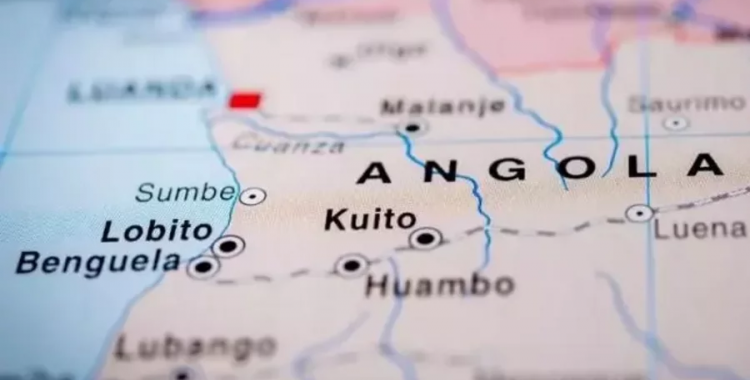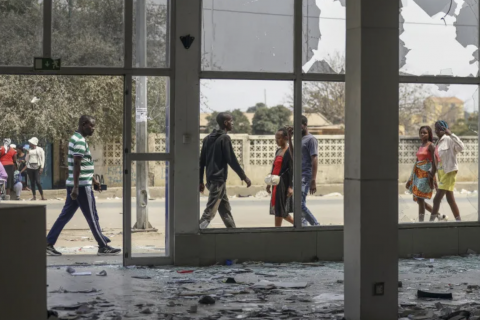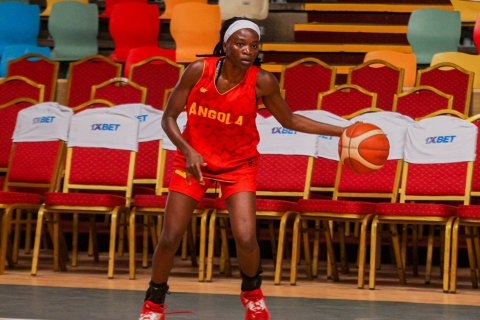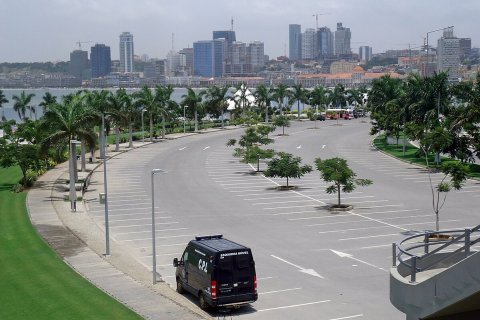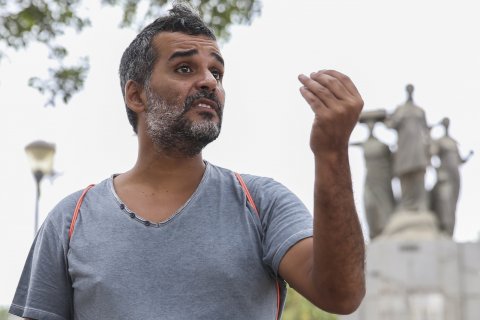“In a way it is a false historical novel, in that it follows the history of Angola up to a certain point, and from there it is another story (...) It has an alternative story, the Kingdom of Bailundo, which never arrives. to submit to Portuguese colonial power, remains independent until Angola’s independence”, said Agualusa, in an interview with Lusa, in Maputo.
The writer, who usually lives on the Island of Mozambique, revealed that in the new book he returns to the end of the 20th century, in the central plateau of Angola, to narrate the history of the Kingdom of Bailundo, offering, from there, an alternative vision of what can to have been the history of a country, especially in the Portuguese colonial period.
“The book begins in the central plateau of Angola at the beginning of the 20th century and is narrated by a woman who is currently telling the story that, deep down, is that of her family and an inheritance that she received”, he explained.
From "Mestre dos batuques", Agualusa argues that Portuguese colonization in Angola, as well as in Mozambique, lasted seven decades, contradicting the 500 years referenced in the official versions.
“It is, to a large extent, about the Kingdom of Bailundo, which was one of the last kingdoms in Angola to surrender to colonial power. The entire area of the central plateau of Angola, which had several kingdoms such as Bailundo, Bié, Huambo, remained independent until the 20th century”, declared the Portuguese-Angolan writer.
“Normally, when we think about the history of colonialism, the idea that the Portuguese were in Angola for 500 years is always repeated, it is not true. This is true for coastal cities, but it is not true for, for example, the central plateau of Angola which was under colonial rule, in fact, for a relatively short time, 70 years,” Agualusa added.
With the work, the writer also returns to the place of his childhood, exploring landscapes and geographies that are stored in his memory.
“Angola is essentially many countries, it is many nations and often these different nations know each other poorly. I believe that, just as the populations in the center of the central plateau do not know the history of, for example, the kingdom of Congo, most people who live in the north probably do not know the history of the populations in the south so well,” he said.
Literature is one of the solutions to provide alternative views on history, aiming to build a nation: “I think it's always good to have multiple perspectives. In this case, it is an Angolan perspective, but more than that, it is a perspective from that region of the central plateau of Angola. Because the history of Angola is very different if you look at it from Luanda or Huambo or Bailundo”.
José Eduardo Agualusa, who lives between Angola and Mozambique, with frequent visits between Portugal, Germany and Brazil, was born in the Angolan city of Huambo, on December 13, 1960, having studied Agronomy and Forestry.
There is also a book in the pipeline, he said, based on the “real experience” of living on the Island of Mozambique, Nampula province, which he describes as being “loaded with history”: “I started writing and I still don’t know exactly what it is, when We start writing and don't really know what it is. I don’t know if what I’m writing will turn into a novel, I hope it does, but it goes through my direct experience on the island of Mozambique, and this is yet another testimony.”
In 2020, Agualusa published the novel “The Living and the Others”, fictionalizing a meeting between writers that takes place on the Island of Mozambique, in the north of the country, where he has lived since 2016, and which now returns to his creative process, portrayed using testimonials collected on site.
“I don’t know to what extent it will be fiction, but it’s more of a testimony, a collection of stories from people on the island,” said the writer.
Novelist, short story writer, chronicler and author of children's literature, several of his books have been distinguished with awards such as the RTP Literature Grand Prize (awarded to "Nação Crioula", 1998), and the Independent Foreign Fiction Prize ("O Vendedor de Passados" ", 2004), and was also a finalist for the Man Booker Prize and the International Dublin Literary Award with "Theoria Geral do Esquecimento" (2012).

